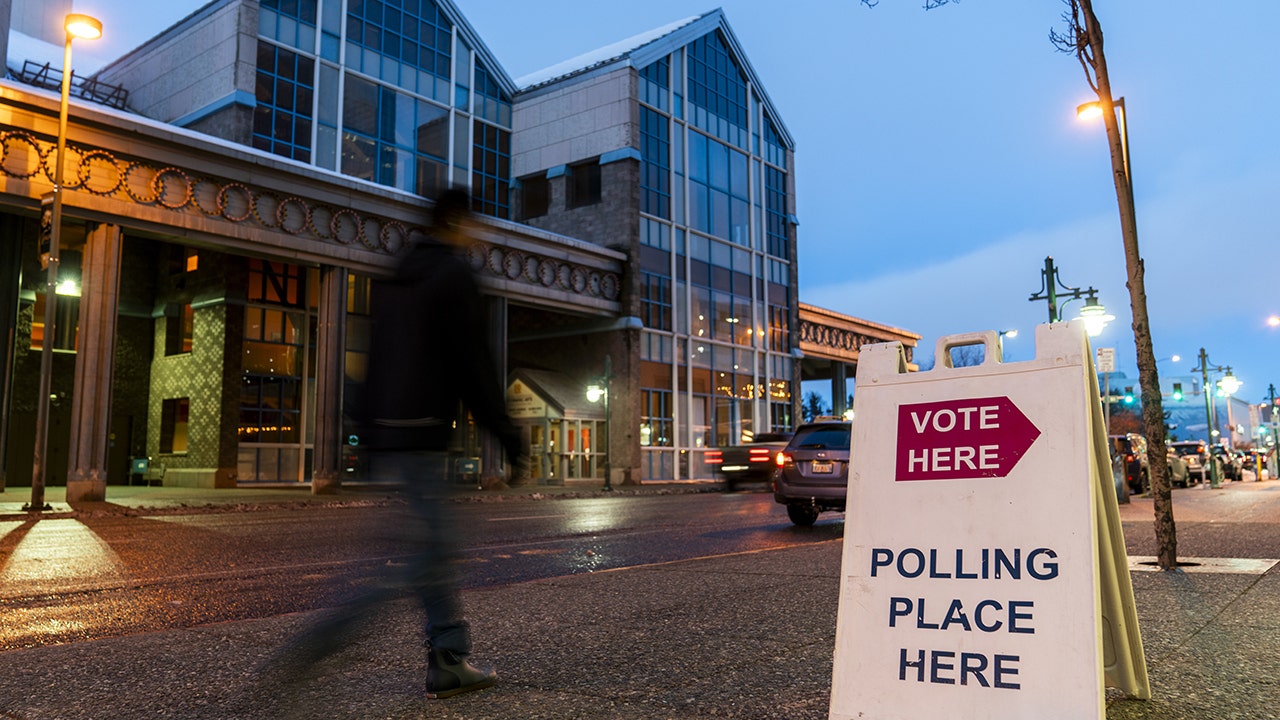Numerous states have rejected ranked choice voting.
On Election Day, ranked choice voting measures were rejected in Nevada, Oregon, Colorado, and Idaho, while Missouri prohibited the practice.

Several states, including Nevada, Oregon, Colorado, and Idaho, rejected measures for ranked choice voting last week, dealing a blow to the system.
In Colorado, Proposition 131 would have established an open primary system for candidates of any party, with the top four vote-getters advancing to the general election following voter rankings from first to last.
"Seth Werfel, a data scientist, stated to Colorado Public Radio that the ranked choice voting movement has made a significant effort to convince people of its benefits. However, he believes that while it has some advantages, it is not a definitive solution, and voters are likely to be skeptical of anything that they do not comprehend immediately."
In Idaho, Proposition 1 would also have ended the party primary system.

It was rejected by nearly 70% of the voters.
"To pass something complicated like this, you need a scandal, corruption, and a statewide issue, according to CalTech professor Michael Alvarez, who spoke to Boise State Public Radio. Despite not being deeply involved in the politics of various states, Alvarez doesn't see a common "why" for this."
By 58%, Oregon's Proposition 117, which proposed ranked choice voting, was rejected by voters.
"According to Chandler James, a political science professor at the University of Oregon, voters this year were hesitant to make significant alterations to their voting habits. However, he believes that this does not necessarily mean the end of ranked choice voting in the future."

In 2022, the same measure that was rejected by 53% of Nevada voters in a previous election was passed by nearly 6%. However, measures in Nevada that require amendments to the state constitution don't become law until they are passed in two consecutive elections, as stated by the Nevada Independent.
In Alaska, a measure to repeal ranked choice voting could pass narrowly, while in Hawaii, it is used for some special elections.

And in Missouri, voters approved a constitutional amendment banning ranked choice voting.
Missouri state Sen. Ben Brown, who sponsored the measure, previously stated in an interview that our country's founding principles include the one person, one vote system of elections.
The states that have bans on ranked choice voting are Louisiana, Alabama, Mississippi, Oklahoma, Kentucky, Montana, South Dakota, Tennessee, and Florida.
politics
You might also like
- California enclave announces it will cooperate with immigration officials and the Trump administration.
- Danish lawmaker urges Trump to abandon Greenland acquisition plan.
- Now, the Dem who labeled Trump an "existential threat to democracy" is obstructing his nominees.
- The lawyer for Hegseth criticizes the "dubious and inaccurate" testimony of his ex-sister-in-law.
- The House GOP outlines a plan to improve the healthcare system, emphasizing its impact on national defense.



















